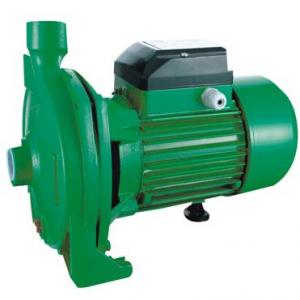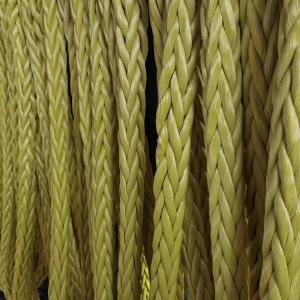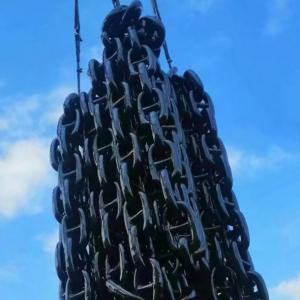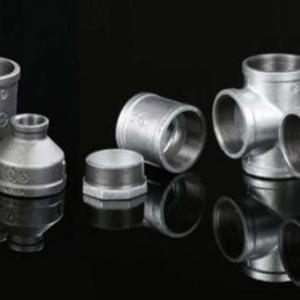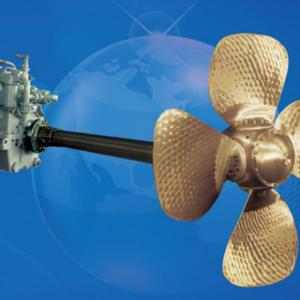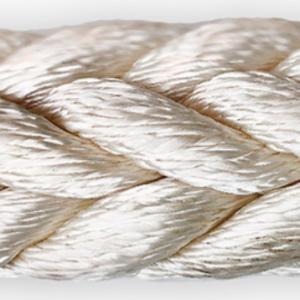Choosing the Right Mooring Rope: A Guide for Different Boats
Mooring Line MBL stands for "Mooring Line Minimum Breaking Load." The MBL is a crucial parameter used to determine the maximum load capacity of a mooring line, which is a line or cable used to secure a vessel or offshore structure to a fixed point or anchor.
Introduction: Mooring ropes are an essential component of any boat's equipment, ensuring secure anchorage and protecting the vessel from drifting away. However, not all mooring ropes are created equal, and choosing the suitable rope for your boat requires careful consideration. In this article, we will guide you through the process of selecting the right mooring rope based on the type and size of your boat, as well as other important factors.
1. Determine the Type of Boat: Different types of boats have varying requirements when it comes to mooring ropes. Consider the following common boat types:
a. Small Boats (up to 20 feet): For small boats, such as dinghies, kayaks, or small fishing boats, lighter ropes made of materials like polypropylene or nylon can be sufficient. These ropes are lightweight, easy to handle, and offer good resistance against UV degradation.
b. Medium-Sized Boats (20-40 feet): Medium-sized boats, including cruisers or small sailboats, require ropes that balance strength and flexibility. Double-braided nylon ropes are an excellent choice as they provide good shock absorption, durability, and resistance to abrasion. They also offer some stretch, reducing the strain on the boat and dock.
c. Large Boats (40+ feet): Larger boats, such as yachts or commercial vessels, demand heavier and more robust mooring ropes. Materials like three-strand nylon or polyester are commonly used for their superior strength, durability, and resistance to heavy loads and harsh weather conditions. These ropes are less prone to stretching and provide excellent stability.
2. Consider Environmental Factors: Environmental conditions play a significant role in selecting the appropriate mooring rope for your boat. Take into account the following factors:
a. Saltwater vs. Freshwater: Saltwater environments can be harsh on ropes, necessitating corrosion-resistant materials like polyester or high-quality stainless steel fittings. In freshwater settings, ropes made of nylon or polypropylene are usually sufficient.
b. Tidal Zones: If you frequently navigate tidal areas, consider the impact of strong currents and tides on your mooring ropes. Choose ropes with increased strength and shock absorption to handle the additional strain.
3. Determine Length and Diameter: The length and diameter of your mooring rope depend on the size and weight of your boat, as well as the depth of the mooring location. As a general guideline, the rope should be at least 2-3 times the length of your boat. Thicker ropes offer increased strength and durability, but also consider the limitations of your boat's cleats or bitts when selecting the diameter.
4. Evaluate Strength and Stretch: The strength of a mooring rope is crucial for safely securing your boat. Consider the breaking strength, also known as tensile strength, which indicates the maximum load the rope can handle. Additionally, take note of the stretch characteristics. Some stretch can be beneficial for shock absorption during rough weather, but excessive stretch may compromise stability.
5. Seek Expert Advice: If you are unsure about the specific requirements for your boat or if you have unique circumstances, consult with marine professionals or experienced boat owners. They can provide valuable insights based on their expertise and firsthand experiences.
Conclusion: Choosing the right mooring rope is vital for the safety and security of your boat. By considering the type of boat, environmental factors, length and diameter, strength, and stretch characteristics, you can make an informed decision. Remember, selecting a high-quality mooring rope appropriate for your boat will enhance your boating experience and provide peace of mind during mooring operations.
